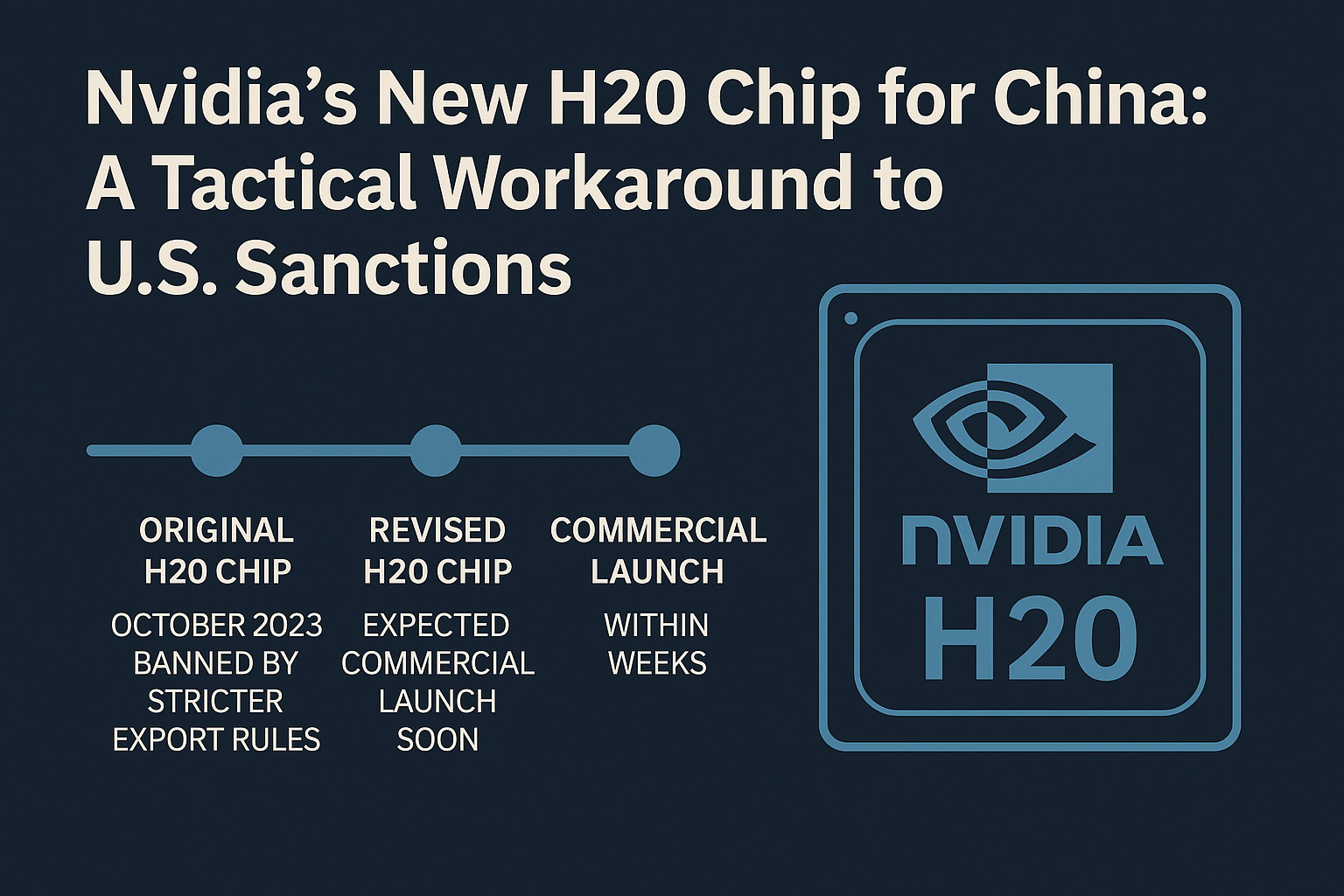A recent International Monetary Fund (IMF) analysis suggests that artificial intelligence (AI) is anticipated to impact nearly 40% of all jobs globally.
According to IMF’s Managing Director, Kristalina Georgieva, AI’s influence is expected to increase overall inequality, emphasizing the need for proactive policymaking to mitigate potential social tensions arising from this technological shift.
Georgieva highlights a “troubling trend” wherein AI is anticipated to affect around 60% of jobs in advanced economies. While approximately half of these instances may result in increased worker productivity, the other half poses a risk of job displacement as AI takes over tasks traditionally performed by humans.
This dual impact on employment is a critical aspect that policymakers must address to ensure a balanced transition. Georgieva notes that many developing nations lack the necessary infrastructure and skilled workforce to harness the benefits of AI effectively.
The IMF’s projections also indicate a less significant impact in low-income countries, with only 26% of jobs expected to be affected by AI.
This analysis aligns with a 2023 report from Goldman Sachs, estimating that AI could replace the equivalent of 300 million full-time jobs. However, the report also suggests new job opportunities and increased productivity.
Georgieva emphasizes the importance of establishing comprehensive social safety nets and retraining programs for vulnerable workers, especially in lower-income and older demographics. This, she argues, would make the AI transition more inclusive, protecting livelihoods and curbing inequality.
The IMF’s analysis coincides with the ongoing discussions on AI at the World Economic Forum in Davos, Switzerland. The surge in the popularity of AI applications, such as ChatGPT, has brought attention to the need for global regulation.
Initiatives like the European Union’s comprehensive AI laws, China’s national regulations, and the executive order signed by President Biden in the United States underscore the growing importance of addressing the ethical and societal implications of AI.














